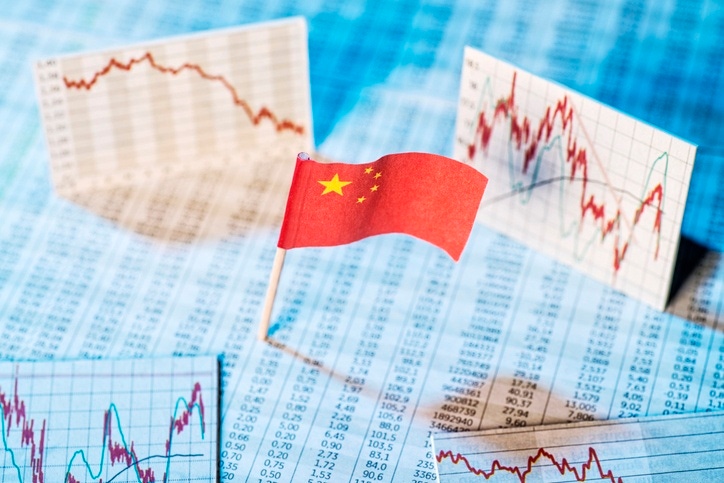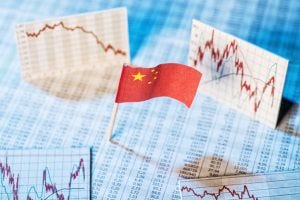Content Spotlight
Podcast: MilliporeSigma says education vital to creating unbreakable chain for sustainability
MilliporeSigma discusses the importance of people, education, and the benefits of embracing discomfort to bolster sustainability efforts.
February 5, 2020

Thermo Fisher Scientific says Chinese Government support for biopharma will help grow its business in the country.
The life science services, tools and technology firm saw full-year revenue increase 5% to $25.54 billion in 2019 according to documents filed with the US SEC last week.
The contribution from Thermo’s operations in China increased 13% year-on-year.

iStock/gopixa
And China was a major topic of discussion for CEO Marc Casper during Thermo’s fourth quarter call.
“Government priorities in China are aligned with the technologies we provide, to meet customer demands for biologic drugs, a cleaner environment and safer food supplies.”
In 2015, the Chinese Government launched its “Made in China” strategy to try to cut its reliance on imports. Part of the plan is to encourage local production.
More recently China modified its Drug Administration Law (DAL), introducing a marketing authorization holder (MAH) system and relaxing the rules on manufacturing and CDMOs.
Before, approvals were contingent on the developer having its own capacity in China. The new rule changes allow the approval of products made by contractors.
To capitalise Thermo is building capacity in China according to Casper. He cited expansion of the firm’s clinical trials logistics operations in Suzhou as an example.
“I came away from my visit to China in Q4 with incredible excitement for how rapidly the biotechnology market is expanding there and how well positioned we are to support that growth.”
Chinese government policy also affected Thermo’s performance in the final three months of 2019.
Casper said, “In Q4, we grew in China in the low-single digits. This was driven by very strong comparisons in the year ago quarter, coupled with a slower release of funds for capital purchases by some of our customers.”
Casper explained the customers in question were state owned, adding that “we saw it in certain academic and government customers and in certain parts of the industrial market where they’re Chinese state-owned enterprises.”
The biggest impact of the spending delay was seen in Thermo’s analytics instruments business according to Casper.
He said “the government made some decisions to – on very large capital equipment purchases – to hold funds.”
You May Also Like